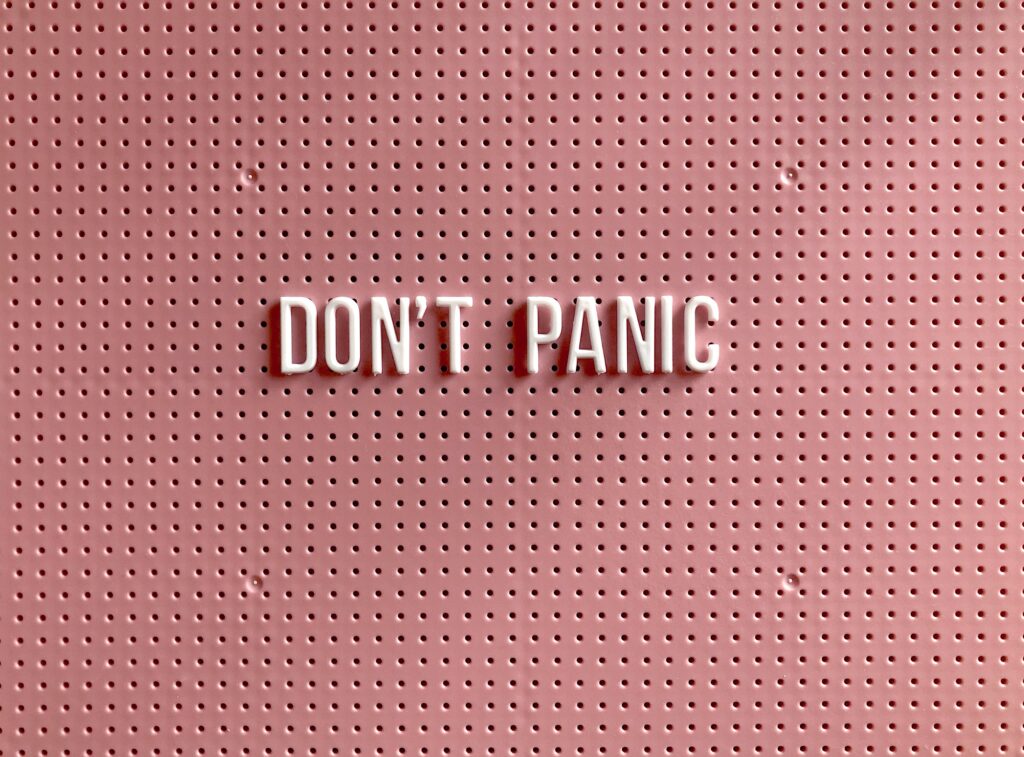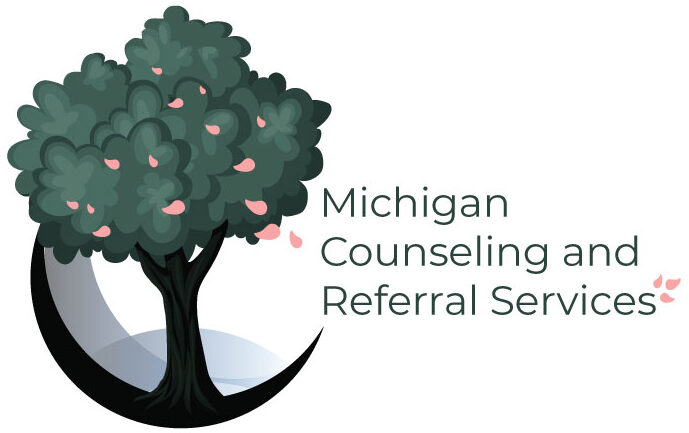Table Of Contents
What to do if you see a Therapist with Poor Boundaries
Your relationship with your therapist is so vital to your therapeutic success. Unfortunately, there are therapists out there who violate their patient’s safety. Often times, this comes in the form of boundary violations. In this article, we will discuss what to do if you see a therapist with poor boundaries. If you want a list of what a therapist should not do, check out this article.
What to do when you see Therapist Red Flags
If you feel uncomfortable around your therapist or feel like you need to hide information from them, it is probably a good idea to consider a new therapist. Here are some tips for what to do if you see a therapist with poor boundaries.
Confront Them
The first option is to be honest with them and confront them about your comfort level. Telling your therapist that you are struggling to heal because you feel something is off is the quickest remedy. It also puts the ball in their court, giving them something to think about for their other patients. If you are saying this to them, is this something they do with others?
Of course, this is VERY difficult and uncomfortable. There is a reason I offer this advice. We should try to do the most good in any situation we find ourselves in. Telling your therapist something is off is incredibly brave and useful for them to hear as a growing opportunity.
Similarly, I do not believe it should be on you to look out for your therapist’s ability to do their job. Especially at the expense of your own safety. No worries if you are not feeling safe confronting your therapist with this information. There are other ways out.

Give Yourself an Excuse
This is probably the most low-impact form of leaving. Chances are you can think of something to tell your therapist if you are just wanting to get out that can excuse you for at least the near future with them. In most cases I do NOT advocate lying. In a situation where you want to cut ties with a therapist who is triggering you, however, you need to do what you can to keep yourself safe.
So maybe your children are busy this time of year and therapy is not in the books. Or maybe finances are a little tough right now, so it would be beneficial to take some time off to save money. You do not even have to provide a reason! Feel free to say that you need to figure some things out, or take some time off for you. The beautiful thing about therapy is that it is about YOU. So, if you are not in a place to work in therapy due to your therapist’s poor boundaries they cannot force you to participate. Sure, they may try to convince you. We therapists think that the work we do together is the most important! But what is most important is your safety.
If it is Serious, Report Them
I sincerely hope nothing serious ever happens between you and your therapist that affects your trust with them. Unfortunately, this does happen sometimes. If your therapist crosses a boundary that is serious enough, you are fully within your legal right to report them to their licensing board. Every state is different, but I do know that all states have a licensing regulation board that you should be able to call. Simply google ‘your state’ and ‘licensing board’ or ‘file a complaint with your state’s licensing board’ for whichever title your therapist has.
Important information to know is their type of license (psychologist, physician, social worker, counselor, etc.), license number if you know it, and first and last name of the therapist or provider. Also, be sure to have where their business is located and in what capacity you worked with them. This will make the licensing board much more able to find your therapist’s information and open a report for them. In this case, I would not even say anything to the therapist; simply cut the ties and do not respond. However you choose to handle this is completely up to you.
Final Thoughts
Remember, that the most important point in this article is that I want you feel safe navigating difficult situations with a therapist. Seeing therapist red flags is one thing; making the situation safer for you is another.
Even though it may feel that you are stuck in situations like these, you do in fact hold a significant amount of power. Chances are if your gut is saying something to you, LISTEN TO IT. Feeling uncomfortable around someone is usually a tell-tale sign that they may not be what you need right now.
If you want to discuss what a therapist should not do more in depth, feel free to reach out at the link below!
Also, if you are looking for therapy and are located in Michigan, feel free to click here to fill out my contact form!
